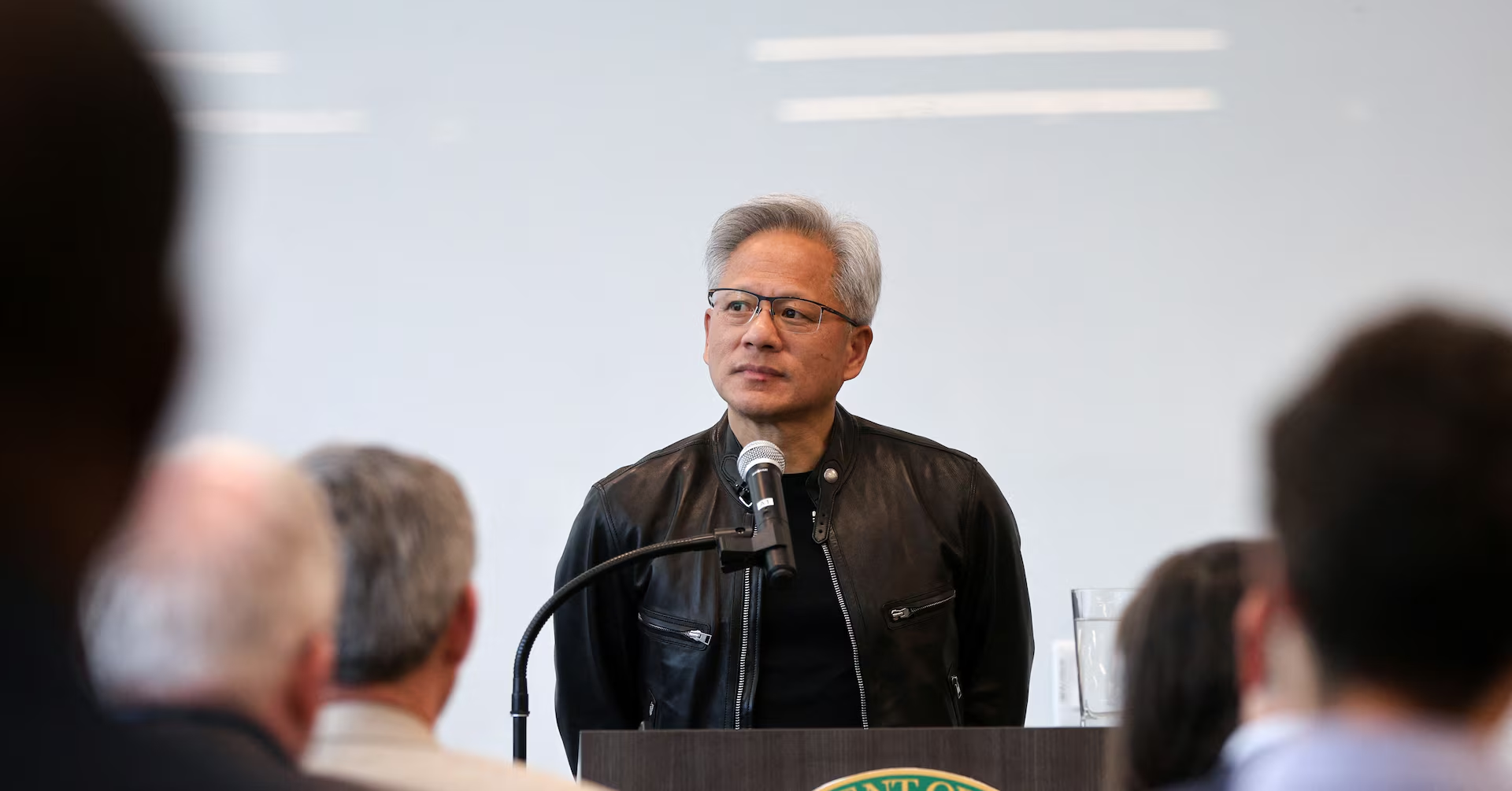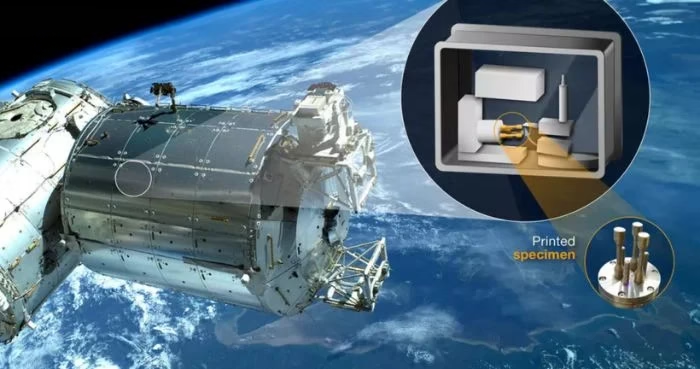U.S. DOE Unveils ‘Doudna’ Supercomputer with Nvidia and Dell Tech Amid AI Export Tensions
The U.S. Department of Energy (DOE) has announced the upcoming launch of a groundbreaking supercomputer, “Doudna,” which will incorporate advanced technologies from Nvidia and Dell. Set to go live in 2026, the system will be located at the Lawrence Berkeley National Laboratory in California and will serve over 11,000 researchers across multiple scientific fields.
Named in honor of Nobel Prize-winning scientist Jennifer Doudna, whose pioneering work in CRISPR gene-editing reshaped modern biology, the supercomputer will leverage Nvidia’s newest “Vera Rubin” chips housed in liquid-cooled servers built by Dell. The system is designed to accelerate research in disciplines ranging from biology and chemistry to physics, and is part of the DOE’s broader commitment to scientific innovation and national security.
“Doudna will advance scientific discovery, from chemistry to physics to biology,” said Energy Secretary Chris Wright at the unveiling event. Jennifer Doudna herself noted that her early research benefited significantly from DOE support and emphasized the growing synergy between biology and computing: “We’re standing at a really interesting moment that marks the intersection of biology with computing.”
The new system is more than just a scientific tool—it plays a strategic role in national defense. DOE-operated supercomputers are instrumental not only in fundamental research but also in the development and maintenance of the U.S. nuclear weapons arsenal.
Nvidia CEO Jensen Huang, who spoke at the event, underscored the broader significance of such computing systems: “The scientific supercomputer is one of humanity’s most vital instruments… a foundation for economic and technology leadership, and with that, national security.”
However, the announcement comes at a time when Nvidia is under increasing political scrutiny. Just a day earlier, Huang had publicly criticized U.S. export restrictions that block the sale of Nvidia’s high-end AI chips to China, restrictions which have cost the company billions in revenue. This tension was highlighted further by a bipartisan letter from Senators Jim Banks and Elizabeth Warren raising concerns over Nvidia’s plans to establish a research facility in Shanghai.
Senator Tom Cotton added fuel to the fire, writing on X (formerly Twitter):
“Keeping advanced AI chips out of the hands of the Chinese Communists isn’t about business, it’s a national security issue… Anyone who breaks the law and circumvents export controls will be held accountable.”
As the U.S. invests in AI-driven scientific infrastructure like the Doudna supercomputer, it also tightens controls on where that technology can go. The initiative represents both an ambitious leap forward in research capabilities and a frontline in the broader tech and geopolitical battle shaping the 21st century.



